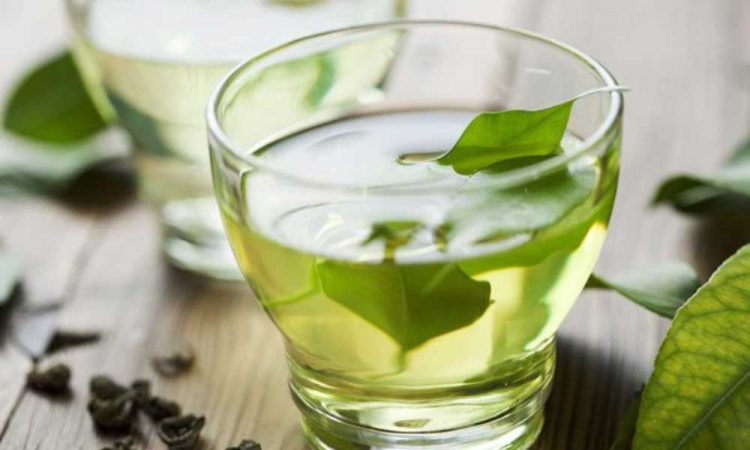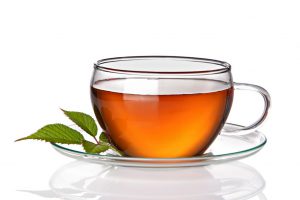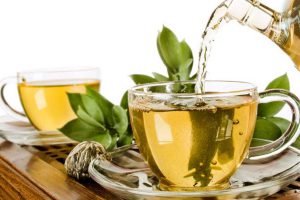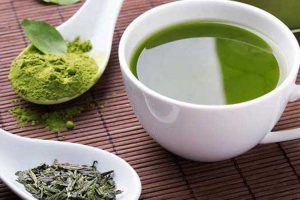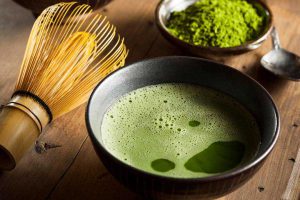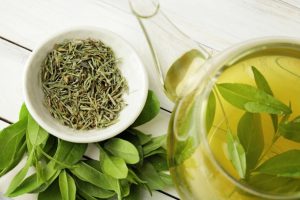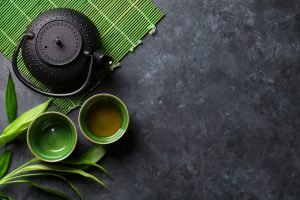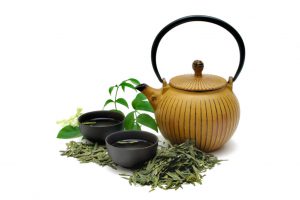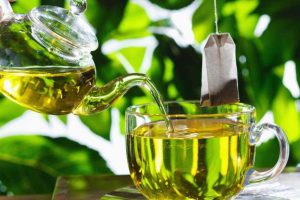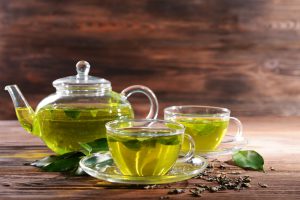Green tea is extracted from the Camellia sinensis leaves which did not go through the oxidation and withering process that black and oolong tea underwent. It is believed that drinking green tea, or any other type of tea, for that matter, is beneficial because they contain tons of antioxidants. However, to some people, it is literally not their cup of tea because of its bitterness. Hence, many individuals often ask the question, “Why is green tea bitter?”
Why is Green Tea Bitter: The Answers
Green Tea’s Natural Astringency
Some people may have mistaken the astringency of green tea as bitterness. In reality, astringency is a more complicated taste than bitterness. It is actually a type of mouth-feel—that drying sensation your mouth feels after drinking tea or wine. Furthermore, a low to moderate astringency leaves a slippery feel in the mouth, while, a strong astringency is “sharp” which can leave a sandpapery feel.
Astringency is due to the tannins that are naturally present in coffee, tea, and wine. Although some people may not find it desirable, avid tea drinkers, especially the Chinese, find this an excellent characteristic.
There are three kinds of astringency which are:
- Gan: an enjoyable and cooling astringency
- Ku: normal bitterness
- Se: metallic or rough bitterness
Faulty Preparation
Green tea, like any other tea, is bitter because of its chemical component called methylxanthines and an average of two to five percent of such in the dry weight of raw leaves is present. However, it shouldn’t taste bitter when prepared as a tea. According to experts, there are parts in the preparation phase that may be the reason why is green tea bitter.
- The green tea you have brewed is low quality.
This is mostly the case when green tea bags that were bought from the supermarket are used. That is because the leaves used in those are often the fine dust of the leaves, which makes brewing quicker. So, instead of purchasing green tea bags, opt for big, loose, and bright or dark green leaves because they have good quality.
- You brewed the green tea with water that is too hot.
In Japan and China, they steep the tea for a few seconds only when hot water is used to prepare the tea. This is because hot water can cause your tea to taste bitter. Thus, it is best to brew green tea in cooler water, about 70 degrees Celcius so that its sweet flavors will naturally come out.
- You have left the tea bag too long in your cup.
Longer steeping does not mean that you get more flavor from your tea bag; it only means that your tea will taste bitter. Likewise, the steeping time for green tea depends on what variant you are using. The best solution to this is to try experimenting with how long you are going to leave the tea bag in your mug. Try leaving the tea bag for 30 seconds then give it a taste. If you think that it needs a stronger flavor, put the tea bag back and leave it for a minute or until you have found the perfect taste for your liking.
- You have used a lot of leaves.
Brewing too many leaves will cause your green tea to taste bitter because the ratio between the water and leaves is no longer balanced. The rule of the thumb is to use a teaspoon of green tea leaves for a cup of water, but depending on your taste, you can add more. You just need to experiment with how much green tea leaves you will use to suit your taste.
- Your tea was not properly stored.
Green tea should be stored in an opaque, air-tight container to prevent moisture, light, and air from changing the taste of the tea leaves or bags. In addition, green tea can also absorb odors of other food that is why they should be stored properly to preserve their good flavor.
How to Make Green Tea Taste Better: A Few Tips
For individuals who cannot tolerate the natural taste of green tea or who may have committed the mistakes in preparation can improve its taste in so many ways.
- The natural sweetness of green tea can be enhanced by adding honey or sugar. However, it should not be overdone because the sweetness might overpower the beautiful flavor of the tea. A small amount should make the perfect cup of green tea.
- Adding some mint can make green tea more refreshing especially if you will make it into iced tea. Mint also helps boost its sweet flavor.
- A splash of lemon or other citrus fruits is a great way to enhance the nice flavor of green tea. It also helps neutralize its bitter taste if there is any.
- Other flavorings you can combine with green tea are ginger, cinnamon, jasmine, and cardamom. All of these helps enhance flavor but should not be overdone since they have strong flavors.
- Other types of tea might be good when milk is added to it, but green tea is an exception. That is because the protein called casein, which is natural in milk, can destroy the antioxidants in green tea.
The Conclusion
Drinking green tea takes a bit of getting used to. Actually, it is normal if you don’t like it right away the first time you drink it, but as you keep drinking it, you will learn to appreciate its flavor. To some, drinking green tea, or any other tea is more than just socializing or relaxing. It is a part of their diet to have a healthier body because, as mentioned, green tea contains a lot of antioxidants that help prevent a lot of diseases.
In addition, green tea also has anti-aging properties, so if you want to minimize the appearance of wrinkles and fine lines for you to look younger, you might want to start incorporating this into your diet.
On the other hand, green tea also contains caffeine—about 35 milligrams per cup. So, if you had more than the recommended amount, which is about two to three cups, there is a chance for you to experience the side effects of caffeine. Therefore, it is imperative that you take green tea in moderation as well.

